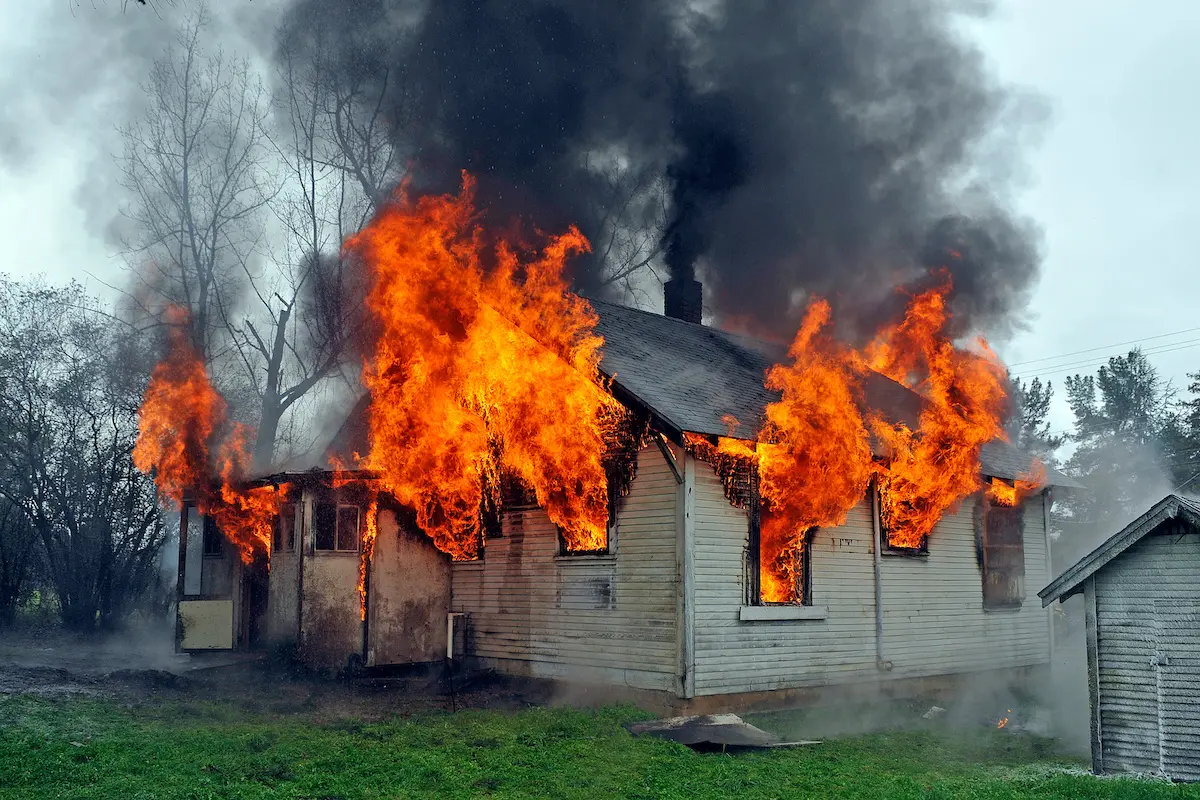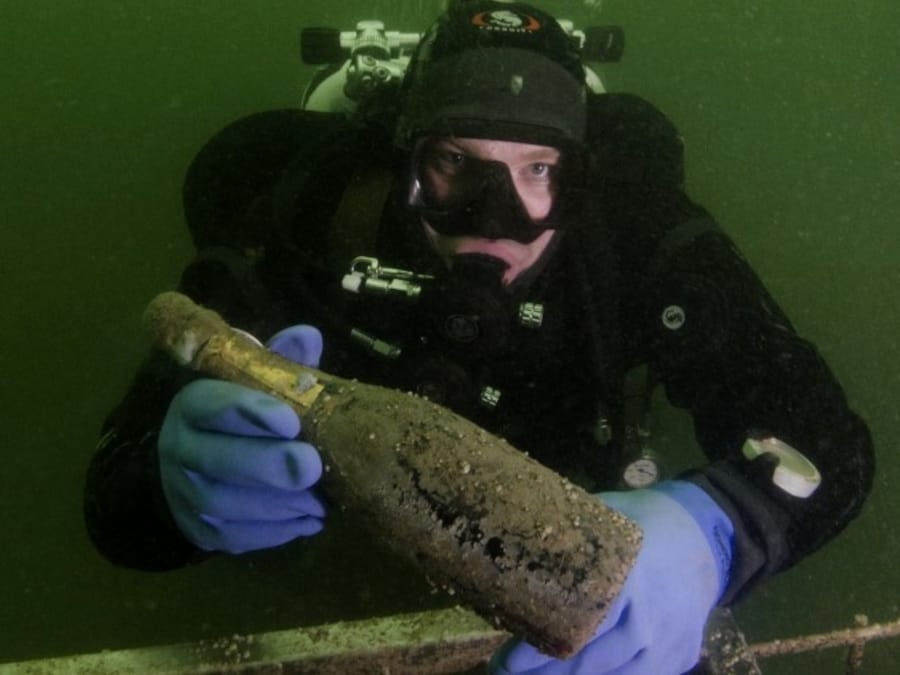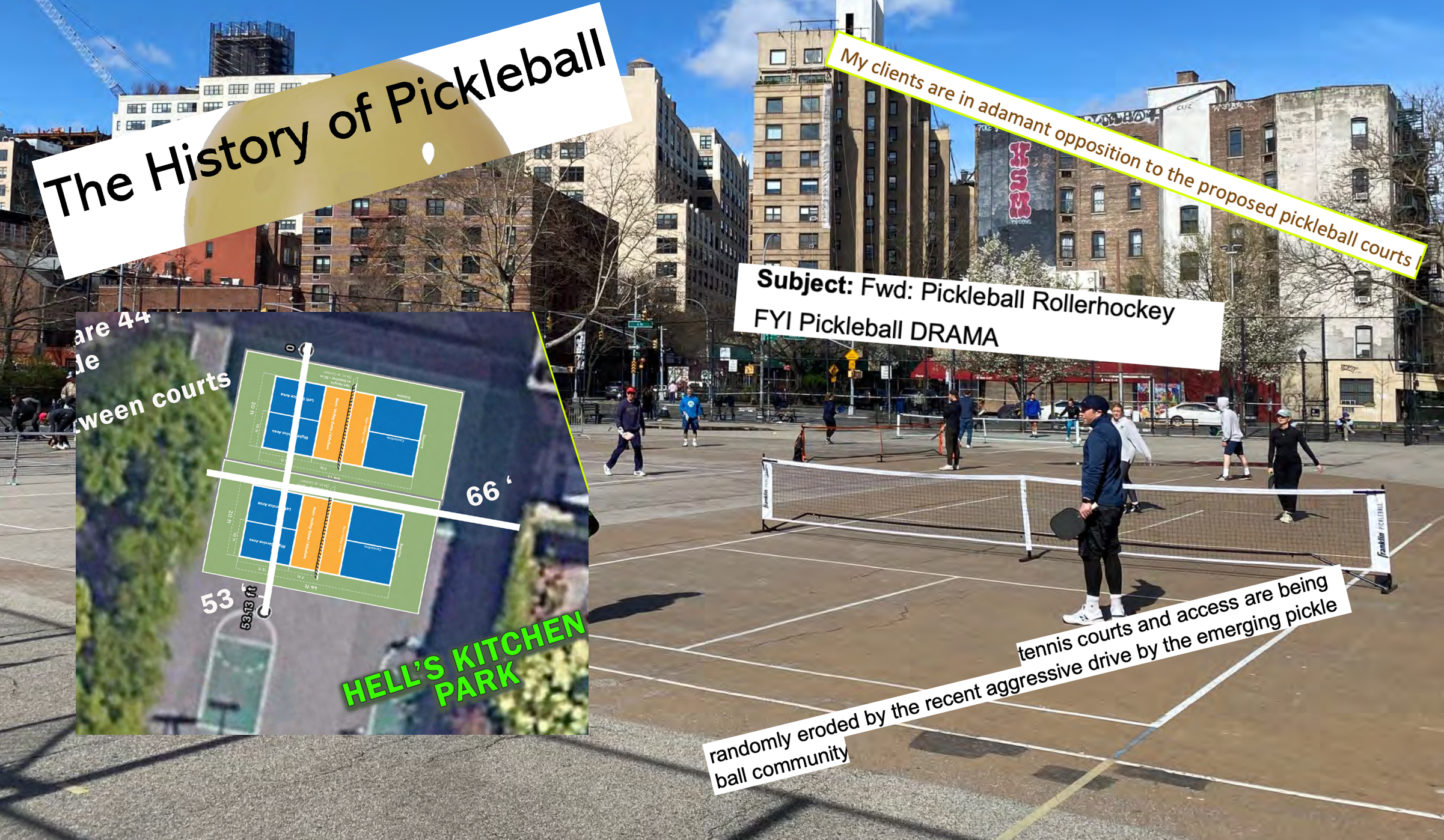Did bad fire science send a husband and wife to prison?

From Robert Sanchez for 5280 magazine: "Several weeks after Jay, Sophia, and Sierra had been buried in neighboring plots at a Woodland Park cemetery, Toth continued to work the case. He’d eventually call one of the nation’s leading fire investigators, a Californian named John DeHaan. Fifty-five at the time, DeHaan had investigated hundreds of fires for agencies such as the Bureau of Alcohol, Tobacco, and Firearms and was widely considered the field’s pre-eminent expert. He owned a private company, and had also edited six editions of Kirk’s Fire Investigation, long considered the bible among fire investigators around the world, and specialized in studying fires that involved human deaths. At the time he got the call from Toth, DeHaan had created a cottage industry by testifying in arson cases. On the witness stand, he was succinct and self-assured."
I lived in a country where dying was taught to us from childhood
:quality(70)/cloudfront-us-east-1.images.arcpublishing.com/archetype/HWIRTM3BVFHO5IVENOAHE5EMTM.jpg)
From a Nobel Prize acceptance speech by Svetlana Alexievichs, a Belarusian investigative journalist and oral historian who writes in Russian. She was awarded the 2015 Nobel Prize in Literature: "I lived in a country where dying was taught to us from childhood. We were taught death. We were told that human beings exist in order to give everything they have, to burn out, to sacrifice themselves. We were taught to love people with weapons. Had I grown up in a different country, I couldn’t have traveled this path. Evil is cruel, you have to be inoculated against it. We grew up among executioners and victims. Even if our parents lived in fear and didn’t tell us everything – and more often than not they told us nothing – the very air of our life was poisoned. Evil kept a watchful eye on us."
Shipwreck champagne shows 19th century Europe’s sweet tooth

From Chris Mercer for Decanter: "Many Champagne drinkers in 19th Century Europe were used to a level of residual sugar that is virtually unheard of by today’s standards, shows chemical analysis of 170-year-old Champagne found at the bottom of the Baltic Sea. International experts led by a professor at the University of Reims in the heart of the Champagne region analysed 168 bottles of Champagne found in a 19th Century shipwreck off the Finnish coast in 2010. They found the wines contained around 150g per litre of residual sugar. Even Champagnes that are demi-sec, or semi-sweet, only have residual sugar of up to 50g per litre. So-called ‘doux’ Champagnes with over 50g per litre of sugar have become rarer."
Editor's note: If you like this newsletter, I'd be honoured if you would help me by contributing whatever you can via my Patreon. Thanks!
Scientists are worried about the appearance of a tropical mosquito-borne illness in Australia

From Meredith Wadman for Science.org: "To infectious disease physician Sam Thorburn, McCann’s headache, fever, and confusion pointed to encephalitis, inflammation of the brain. The white blood cells found in his spinal fluid were consistent with that condition. But those weren’t the only clues Thorburn had. McCann was the fourth patient in as many weeks admitted to Albury with encephalitis. Like McCann, the three others had turned up feverish and confused. One, age 46, had improved enough to be discharged. The other two, ages 61 and 75, had descended into comas and required ventilation. A slew of tests had failed to reveal the underlying cause of encephalitis in any of the three patients. They didn’t have herpes simplex infection, a dangerous but treatable cause of encephalitis, or HIV, which can cause similar symptoms. And it wasn’t cryptococcus, a fungus that infects the brain."
Local governments are being overwhelmed by tennis-pickleball turf wars

From Jason Koebler for 404 Media: "For the last few months I’ve been trying to understand what’s been happening behind-the-scenes in cities large and small by filing public records requests. If you don’t already know about “the fastest growing sport,” Pickleball is kind of like tennis, but played on a court a quarter of the size using a plastic ball similar to a wiffle ball and a hard racket. My hypothesis going into researching this article was that people who live in cities are mad at the noise created during the act of playing pickleball and they have probably complained to the government about it. What I found was surprisingly more complex: Thousands of pages of documents show that pickleball’s surging popularity is overwhelming under-resourced parks departments in city governments."
Asbestos was a miracle technology, but then we learned its true nature

From Mano Majumdar for Works in Progress: "Few materials fell from grace like asbestos. Once cherished as an almost-magical material, it is now the archetypal carcinogen. We spent over a century integrating it into buildings, wiring, pipes, brake pads, and more, and we now spend billions of dollars a year removing it. But the standard story of asbestos as a mistake – or even a crime – of massive proportions does not do justice to the real benefits it brought. Asbestos was central to mitigating urban fires, which cost thousands of lives each year as modern cities grew larger, denser, and more flammable. But as we learned to control urban fires without it, asbestos’s health costs seemed less and less worth bearing. Asbestos is in its final days and soon the material will almost disappear entirely."
A garden has grown inside a bottle that has been unopened for sixty years
In 1960, David Latimer planted a spiderwort sprout inside of a large glass jar, added a quarter pint of water, and then sealed it shut.
— Massimo (@Rainmaker1973) December 5, 2023
He opened the bottle for the first time only 12 years later, in 1972, to add some water and then sealed it for good.
The self-contained… pic.twitter.com/Oy2jusB1wD
Acknowledgements: I find a lot of these links myself, through RSS feeds etc. But I also get some from other newsletters that I rely on as "serendipty engines," such as Rusty Foster's Today In Tabs, Clive Thompson's Linkfest, Maria Popova's website The Marginalian, The Morning News from Rosecrans Baldwin, Why Is This Interesting, Dan Lewis's Now I Know, Robert Cottrell and Caroline Crampton's The Browser, Sheehan Quirke AKA The Cultural Tutor, the Smithsonian magazine, and JSTOR Daily. If you come across something you think should be included here, feel free to email me.



